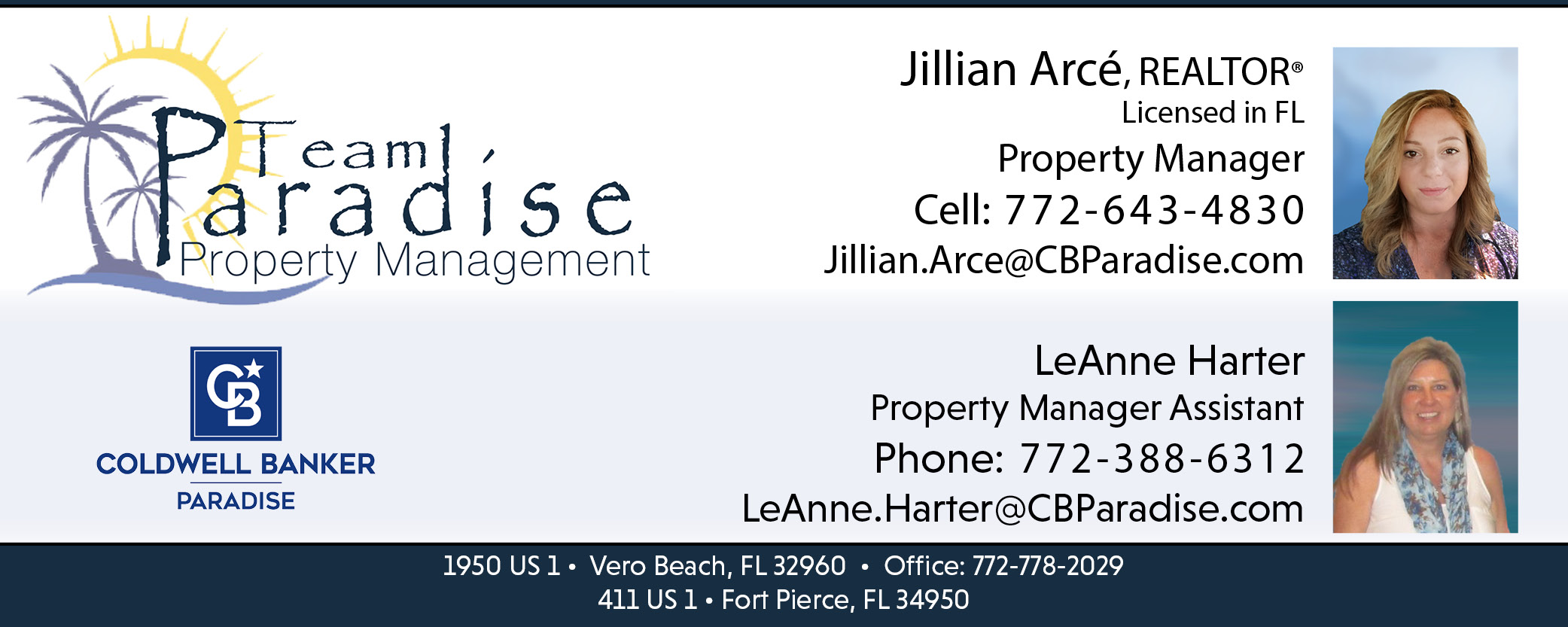Community Association Management
What Does a Community Association Manager Do?
What a community association manager does is a common question to those unfamiliar with this role. The responsibilities of a community association manager are a bit of a mystery to anyone who has yet to experience living or overseeing a communal, residential property, such as condos, cooperatives, villas, townhomes, or community associations. In short, what a community association manager does is described by their very title -- manage the property and the homeowners, facilitating relationships between all parties. You can just read on to learn more about what a community association manager does and what you need to know.
What does a community association manager do? If you're asking this question, you're either looking to get into the industry or have a question about living in a communal residential neighborhood, such as those listed above, which include condominiums, cooperatives, townhouses, villas, and similar forms.
Community association manager responsibilities
A community association manager oversees the neighborhood's facilities and amenities. These can include but are not limited to, swimming pools and spas, sports courts, clubhouses, docks, irrigation systems, landscaping, building maintenance, and just about anything else within the community.
In other words, if the irrigation system needs repair, the community association manager would find a qualified provider to fix any issues. Similarly, if a parking lot needs to be repaved, the community manager would oversee the entire assessment, estimate, and construction process. Likewise, any business between the homeowners and homeowners association would go through the community manager.
Additionally, the community association manager might also handle disputes between the homeowners association and homeowners. Some community association managers even manage rental units, where they may or may not vet potential tenants. Furthermore, some community association managers play an active role in homeowners association fees, delinquency NSED fees, and other logistic situations, such as people moving in and out of the neighborhood.
The community association manager is responsible for maintaining the neighborhood and facilitating relationships between the people who live in the community and the homeowners association and/or any property association. Since these communities can be significant, with dozens of units up to hundreds of units, the community association manager might comprise a team of professionals. Together, they oversee the care and maintenance of the entire neighborhood, including the buildings, infrastructure, amenities, and everything else.
Importance of Picking the Best Team for Community Association Management
Picking the best team for community association management is critical to reaping the rewards of property ownership. Your investment will do well when you have the right people in place. Conversely, if you don't make the right choice, what would otherwise be worthwhile will sour and become a financial nightmare. To get the most out of your position, you must find and rely on an experienced team for community association management.
Whether it's a few properties or dozens or even scores of units, having the right people in your corner will only be beneficial. While there are numerous reasons for this, a few stand out. Here are the most significant advantages of going with the best team for community association management:
-
No one individual can do it alone. When it comes to real estate, particularly when several properties are involved, it's nearly impossible for just one person to oversee them all. Even with the best technology and experience, this is asking too much from a single individual. A team will be able to respond to different situations simultaneously, making them so valuable.
-
Different skill sets bring different advantages to the table. When you have a team for your property management, you have various individuals with other experiences. That's ideal because they all bring something to the group, which helps to fill gaps that would otherwise be present with only one or two people on board. It also provides different points of view and perspectives, which is even more important as different circumstances arise.
-
It gives them a chance to learn from one another, and that benefits owners and investors. With different people and different levels of experience in various situations, the group collectively benefits because they learn from those who have dealt with different situations at different times. The result is a more competent, experienced, and reliable team that can handle just about anything thrown at them.
To find the right team for community association management, it is crucial to interview several different firms. Be sure to ask for their previous work experience and take your time comparing and contrasting them. Chances are excellent that the best will rise to the top of your shortlist, and you'll be able to make a more informed decision this way.
What is Community Association Management?
What is community association management? In short, community association management oversees rental properties. Usually, this includes a team of property managers and real estate agents. This combination of professionals allows investors to take their hands off their assets and gain several benefits. For anyone who is even tangentially familiar with property investment and management knows it’s a huge responsibility. (More so than practically anyone would want.) Read on to learn more about community association management.
A community association management firm or team performs several functions. These include several critical hands-on tasks, like the following responsibilities:
-
Market analysis. This is the estimation of rental rates to determine market averages and norms.
-
Marketing. This is the promotion of properties for rent and/or for sale.
-
Tenant qualification. The screening of tenants to help ensure they have a good history and will pay promptly.
-
Property maintenance. The management of property maintenance protocols, including repairs, upgrades, and more.
-
Accounting. The quantifying of rental collections, operating expenses, and more.
-
Property inspections. The inspection of properties is generally performed every quarter.
